Covid boosters for the elderly as Xi counts cost of China protests
Health officials have announced a new campaign to boost vaccination rates after the most serious public unrest in China since the Tiananmen protests.
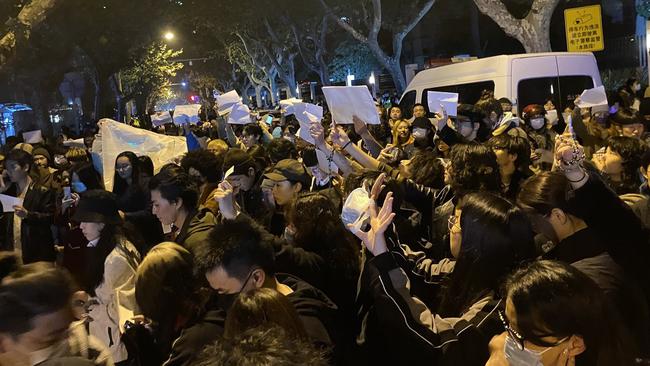
Health officials have announced a new campaign to boost vaccination rates among the elderly after anger at Covid lockdowns led to the most serious public unrest in China since the 1989 Tiananmen Square protests.
Only 40 per cent of Chinese aged 80 and above have had two jabs and a booster. Low vaccination rates in the vulnerable elderly are seen as one of the reasons President Xi has continued to insist on the strict zero-tolerance policies that have fuelled rare protests in several cities across the country.
The unrest also prompted a meeting yesterday of the Central Political and Legal Affairs Commission, China’s top security body, which called for a crackdown on “hostile forces” and “on illegal acts that disrupt social order”, while a diplomatic dispute that erupted with Britain after a BBC journalist covering the protests was detained and beaten rumbles on.
Despite mounting criticism of the government’s approach, health commission officials said yesterday that zero-Covid measures would continue. The ruling Communist Party has maintained intermittent strict lockdowns since the beginning of the pandemic and a soaring death toll will be seen as politically risky for the party.
Local governments have been instructed that “those who should get vaccinated will get vaccinated”, after cases reached record levels in the past few days. Any flexibility on the part of officials enforcing the zero-Covid rules has been scotched by the sudden rise in cases, prompting a return of widespread lockdowns and closures. In Beijing all schools and nurseries have been closed for at least a week.
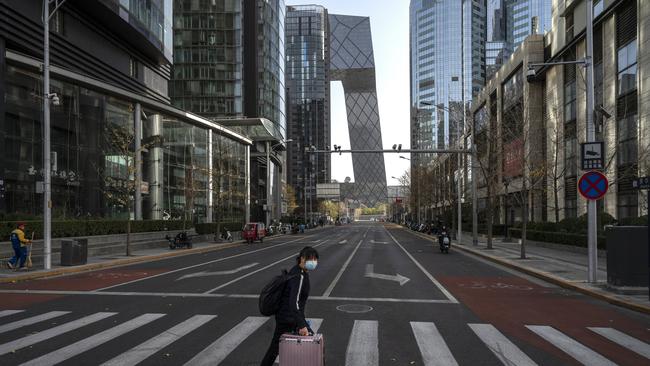
Asked if China might reconsider its Covid policy, Mi Feng, a spokesman for the National Health Commission, said: “We’ve always been studying it, continuously adjusting it to maximally protect people’s interests, maximally reduce the impact of the pandemic on the economic and societal development.” He did not mention the protests.
Security forces were out in force yesterday and university classes were cancelled in an effort to suppress any further shows of dissent in Beijing, Shanghai and other cities where protests flared on Saturday and Sunday. People were arrested or questioned for visiting the sites of the rallies, including a street in Shanghai where police clashed with protesters who blamed the Covid policy for the deaths last week of ten people in a fire in Urumqi, western China.
In Hong Kong last night about fifty students from mainland China sang at the University of Hong Kong and some lit candles in a show of support for those in mainland cities who had demonstrated against the restrictions. Covering their faces for fear of retaliation, they chanted “No PCR tests” and “Oppose dictatorship, don’t be slaves.”
The row over the arrest in Shanghai of the BBC cameraman Edward Lawrence continued with Downing Street criticising it as “shocking and unacceptable”, and the Chinese government accusing Britain of “rudely interfering”.
The foreign ministry in Beijing said that journalists should not engage in activities unrelated to their role.
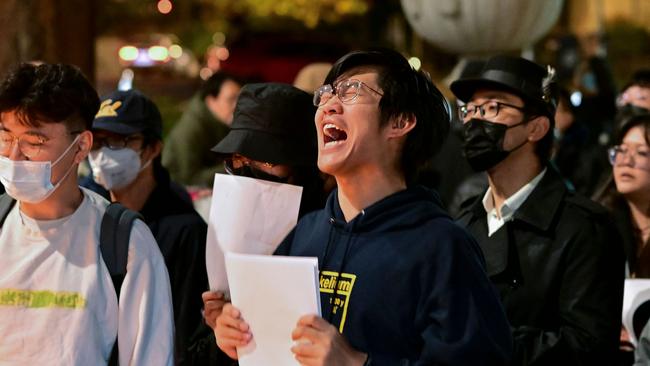
Lawrence was kicked, beaten and detained for several hours on Sunday before being released by officials who gave no credible explanation, the BBC said.
Rishi Sunak said that, in the face of the unrest, China had “chosen to crack down further, including by assaulting a BBC journalist”. He added: “We recognise China poses a systemic challenge to our values and interests, a challenge that grows more acute as it moves towards even greater authoritarianism.”
Zhao Lijian, a spokesman for the Chinese foreign ministry, sought to deflect any questions about the protests yesterday, saying that Chinese citizens were entitled to express themselves but “only within the framework of the law”. Asked about Sunak’s speech, Zhao said: “The UK side has disregarded fact, confused the black with the white and rudely interfered with China’s internal politics. China firmly objects to it.
“This BBC reporter refused to co-operate when police were enforcing the law but acted as a victim. BBC then immediately distorted the facts but hyped the case as a BBC reporter was ‘arrested’ and ‘beaten’ by the police while he was on the job, pouring dirty water on the Chinese side. This clearly is part of BBC’s long-standing practice of maliciously courting troubles to its benefit.”
China’s ambassador to the UK, Zheng Zeguang, was summoned to the Foreign Office yesterday.

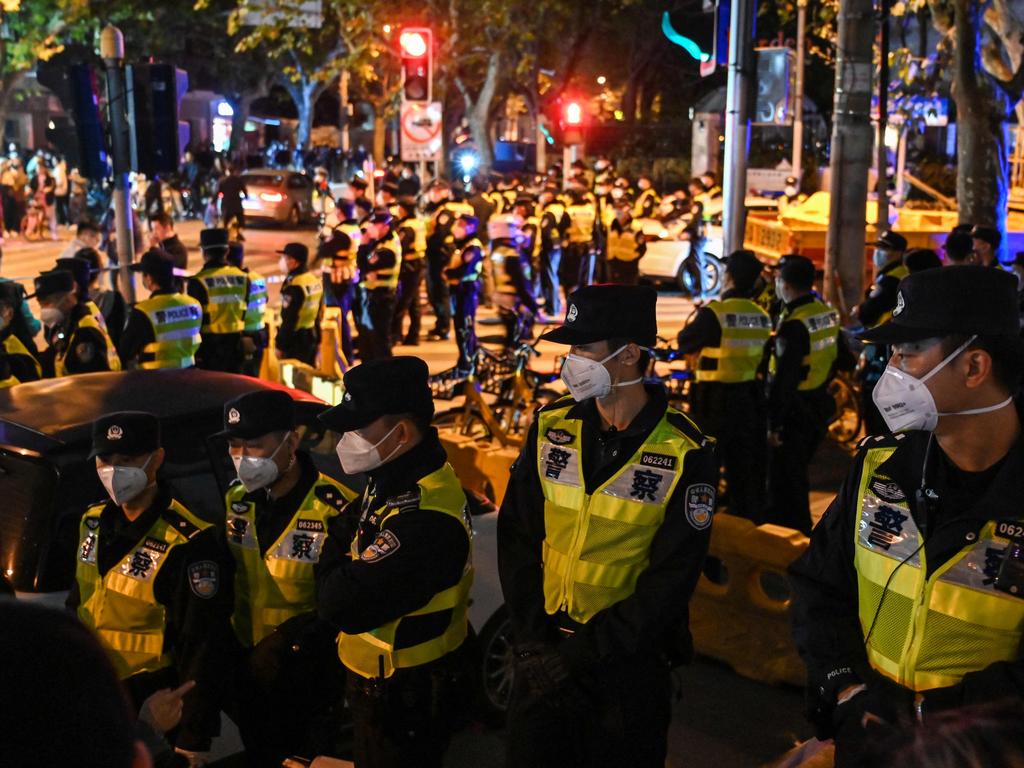

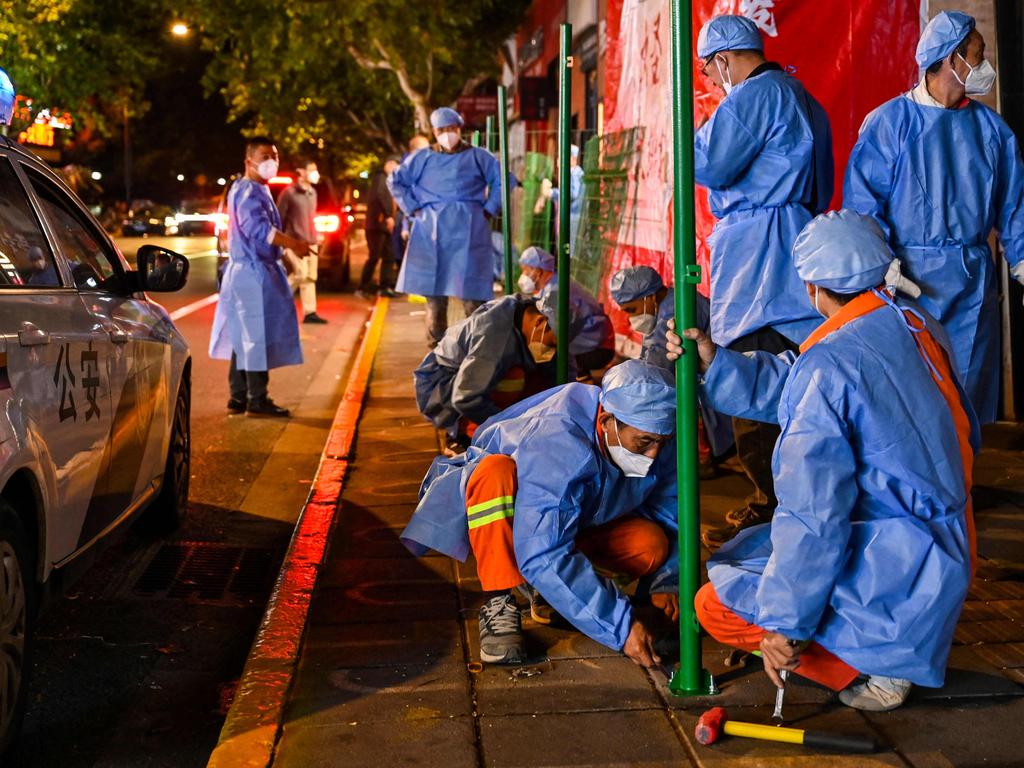


To join the conversation, please log in. Don't have an account? Register
Join the conversation, you are commenting as Logout